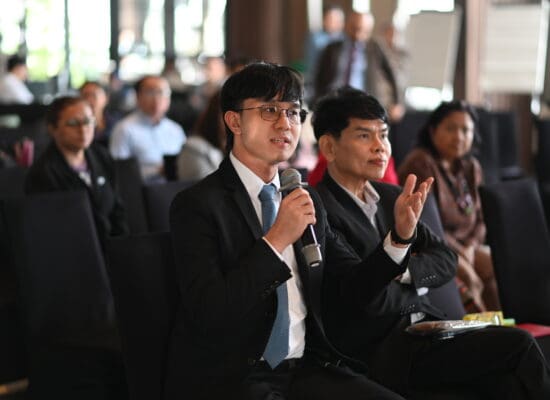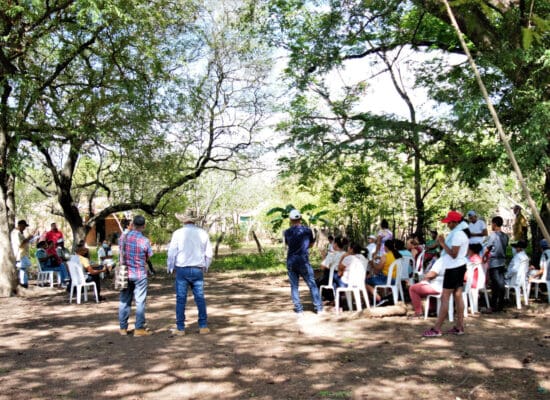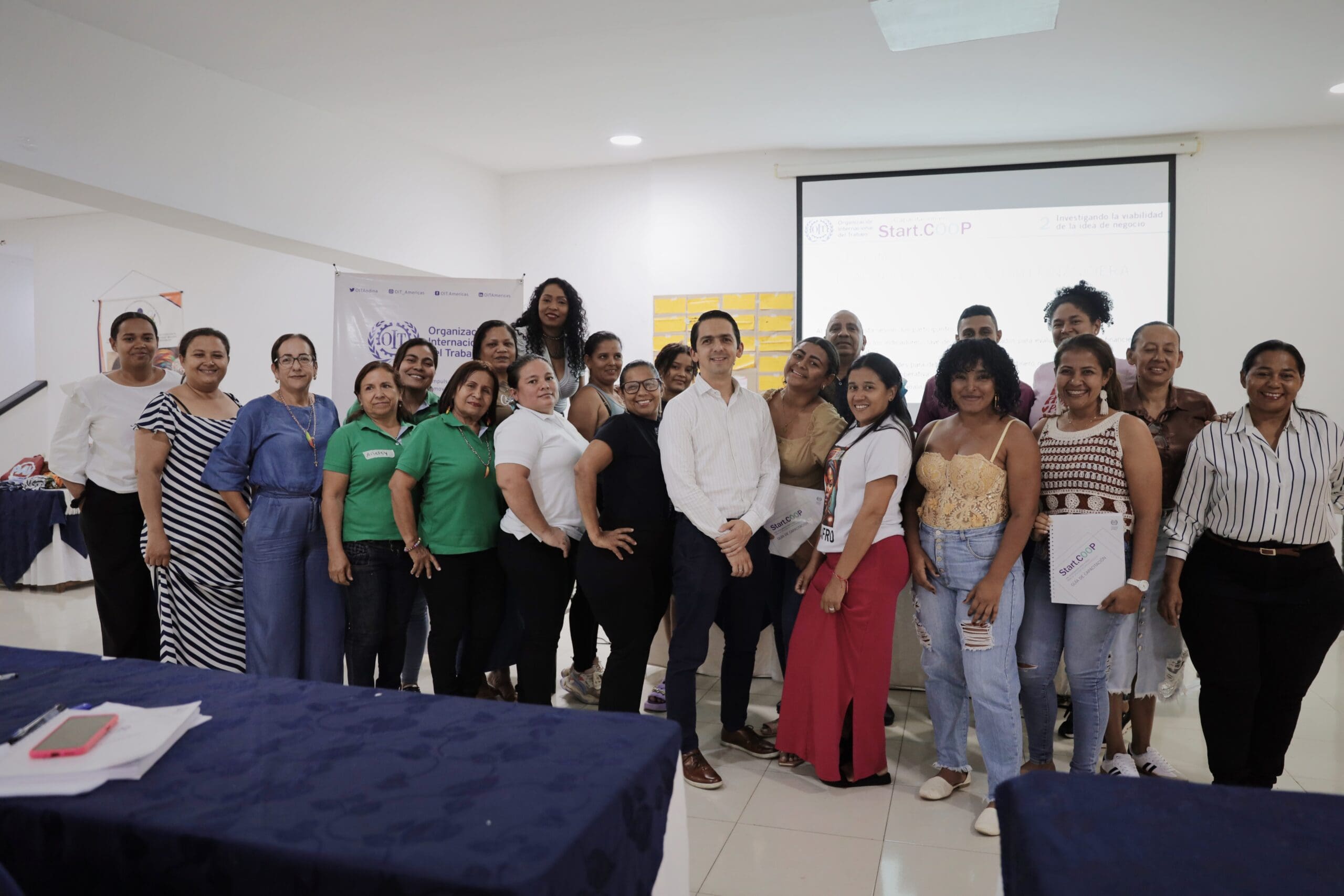
Colombia faces a profound transformation as climate change and decarbonisation demand clean energy, efficient resource use, and support for vulnerable communities. In coal-dependent regions like Cesar and La Guajira—marked by social and environmental harm and low development—it’s essential to align decarbonisation with justice: protecting livelihoods, diversifying economies, and restoring ecosystems. The International Labour Organization (ILO) affirms that a just transition must be planned, inclusive, and focused on decent work and equity through social dialogue and citizen participation. Colombia’s National Just Transition Strategy aims to guide this shift by linking labour transitions to economic diversification, technical training, and social protection.
La Guajira and Cesar, emblematic for their coal mining, face acute social and environmental challenges marked by high informality and poverty, 39.3% in La Guajira and 13.4% in Cesar in 2024, alongside fragile ecosystems and extreme climate variability worsened by mining. Despite their coal wealth, a Stockholm Environment Institute report notes that they remain among the least-developed departments, with mine closures triggering massive job losses, falling royalties, and rising social stress. This reality and high youth underemployment, especially in rural areas, underscores the urgent need for sustainable economic reactivation in both territories.
To address current challenges, the Colombian government has developed policies like CONPES 3934 (National Green Growth Policy 2018), which promotes a shift towards a sustainable, competitive, and inclusive economy through five pillars: green value chains, resource efficiency, environmental training, technological innovation, and institutional coordination. The 2022–2026 National Development Plan complements this by prioritising the popular and community economy, recognising over 5 million subsistence microenterprises. It supports them with technical assistance, finance, public procurement, and training, positioning them, especially cooperatives, as key actors in productive diversification and local resilience within a just transition.
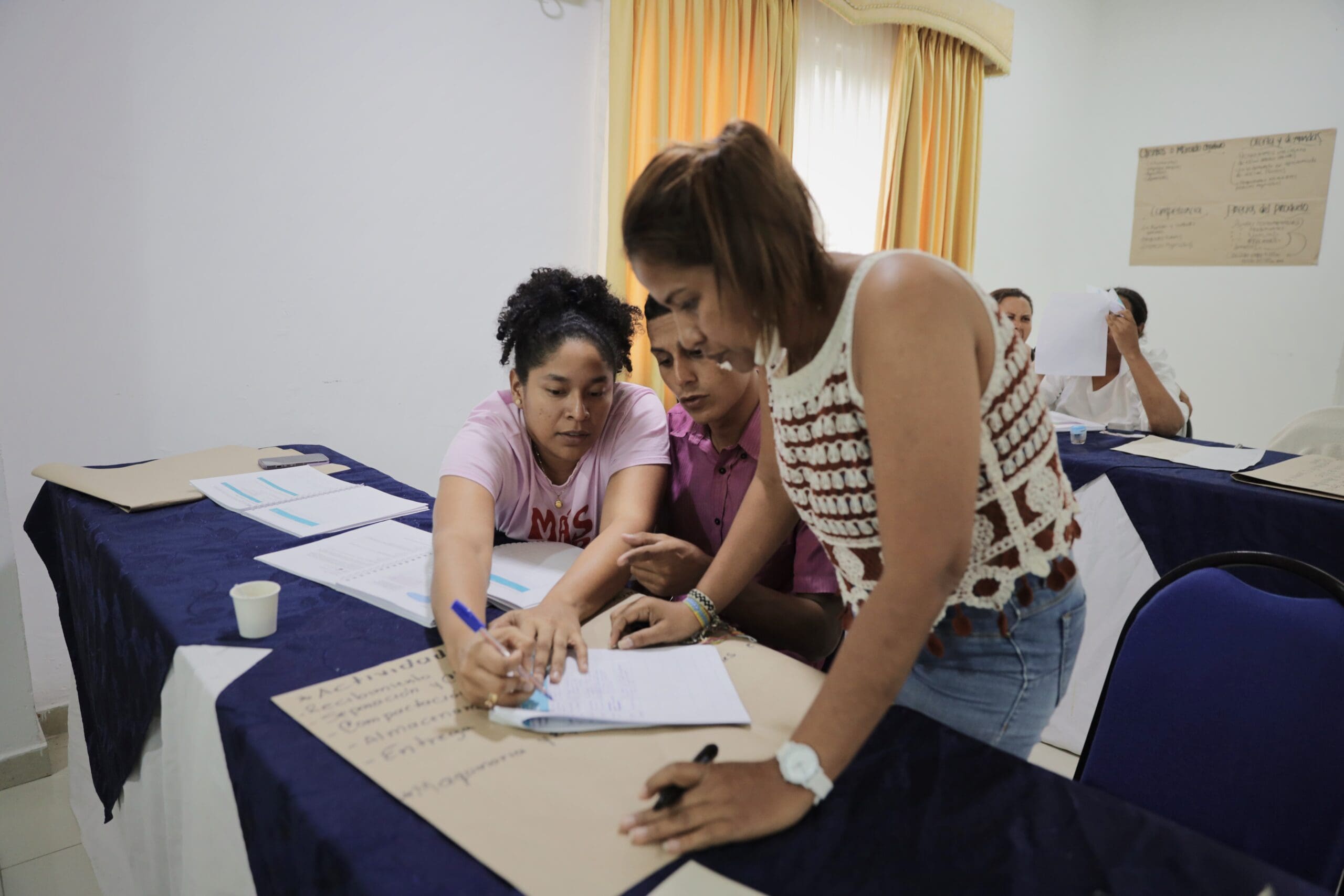
ILO’s Think.COOP and Start.COOP methodologies
To support a just transition from the grassroots, the ILO has developed cooperative training methodologies applied in Cesar and La Guajira. Think.COOP is a participatory awareness tool for creating or strengthening cooperatives. According to the ILO, “Think.COOP is a low-cost, easy-to-use tool” that leverages existing training materials and a peer-learning methodology based on activities. It provides basic information on cooperative models and answers common questions, helping participants to decide whether forming a cooperative is the right option for their group.
The Think.COOP course is organised into five main sessions—such as Good Relationships and Livelihoods; Benefits of Collective Action; and Doing Business Together—where participants analyse their needs, explore horizontal/vertical associative forms, and sketch out cooperative business structures. Activities are practical and adaptable to the local context: role-playing, guided discussions, and group exercises allow participants to enrich the guide’s content with their knowledge, facilitating implementation even in areas with limited infrastructure.
Start.COOP complements Think.COOP by offering a “step-by-step” process for forming cooperatives. Its educational package (facilitator guide, training manual, and support materials) guides groups through the entire process: from identifying collaborative business opportunities to drafting a business plan and taking the first legal and organisational steps. (The ILO describes it as a practical, participatory, and easy-to-apply guide.)
In practice, Start.COOP defines the cooperative’s social objectives, market analysis, member responsibilities, and democratic governance models. Together, the two tools offer comprehensive learning: Think.COOP “prepares the ground” by generating interest and awareness, while Start.COOP guides the transformation of that interest into concrete plans to establish cooperative businesses.
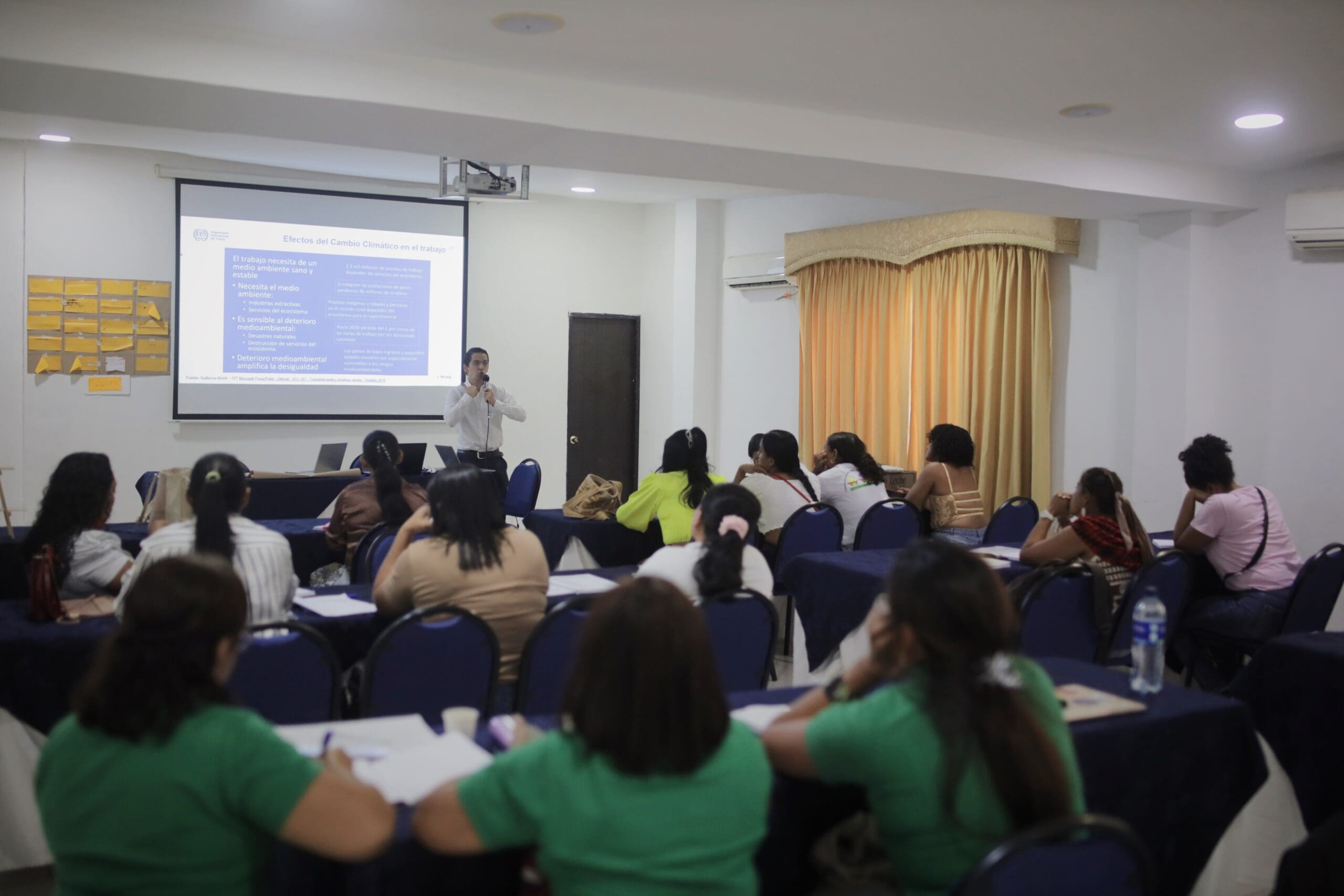
Training experience in Cesar and La Guajira
As part of the project Innovation Regions for a Just Energy Transition (IKI-JET)—funded by Germany’s International Climate Initiative and the European Commission’s Directorate-General for International Partnerships—the ILO and the Colombian Ministry of Labour have implemented a dual training programme using these methodologies since 2024 in the coal-producing departments. It has involved 12 associations and cooperatives—six in Cesar and six in La Guajira—reaching over 1,000 people.
Workshops and in-person discussions were held for popular and Solidarity Economy Association leaders. Each session combined short presentations (on the cooperative model, legal principles, and fair trade) with group dynamics. For example, in a session on territorial diagnosis, participants mapped local supply and demand (agriculture, construction, and services), and in “cooperative business” exercises, they explored ways of collaborating to access larger markets. Flipcharts, infographics, and case studies from Colombia and other countries were used as learning tools.
The training combined conceptual and practical elements: with Think.COOP, participants explored cooperative values, such as democratic participation and equitable profit-sharing, alongside the economic benefits of association, such as cost reduction and shared resource access. Start.COOP guided them in drafting business plans; defining mission and vision; allocating roles by skill; estimating costs; setting prices; and planning initial investments (e.g., agricultural inputs or shared equipment). Led by ILO-certified facilitators, the process fostered open, participatory dialogue and prioritised the inclusion of women and youth, reflecting the national strategy’s commitment to “leaving no one behind”.
“This training approach not only fosters new income sources, but also promotes economic reconversion with a social, environmental, and territorial focus—key for regions undergoing productive transformation like Cesar,” said Oscar Cardona, National Coordinator for Just Transition and Green Jobs at the ILO in Colombia.
Key learnings included recognising the value of cooperative work in strengthening the informal local economy and the need to align public support (Servicio Nacional de Aprendizaje [the National Training Service], local governments) to facilitate formalisation. Participants appreciated the playful, hands-on methodology: by the end of the sessions, several groups had drafted proposals for new associations/cooperatives in areas such as indigenous crafts, fique fibre, plantain, cocoa, coffee, ecosystem protection, and ecosystem services. The workshops also helped gather critical input for national policy: working groups identified gaps in technical training and proposed social indicators (e.g., employment impact in green projects) to monitor a just transition. The training experience built individual capacities, created local cooperation networks, and generated concrete ideas for the government’s roadmap, all grounded in the ILO’s social dialogue and equity principles.
Find out more with the Think.COOP and Start.COOP training guides [in Spanish].
Stay Informed and Engaged
Subscribe to the Just Energy Transition in Coal Regions Knowledge Hub Newsletter
Receive updates on just energy transition news, insights, knowledge, and events directly in your inbox.

